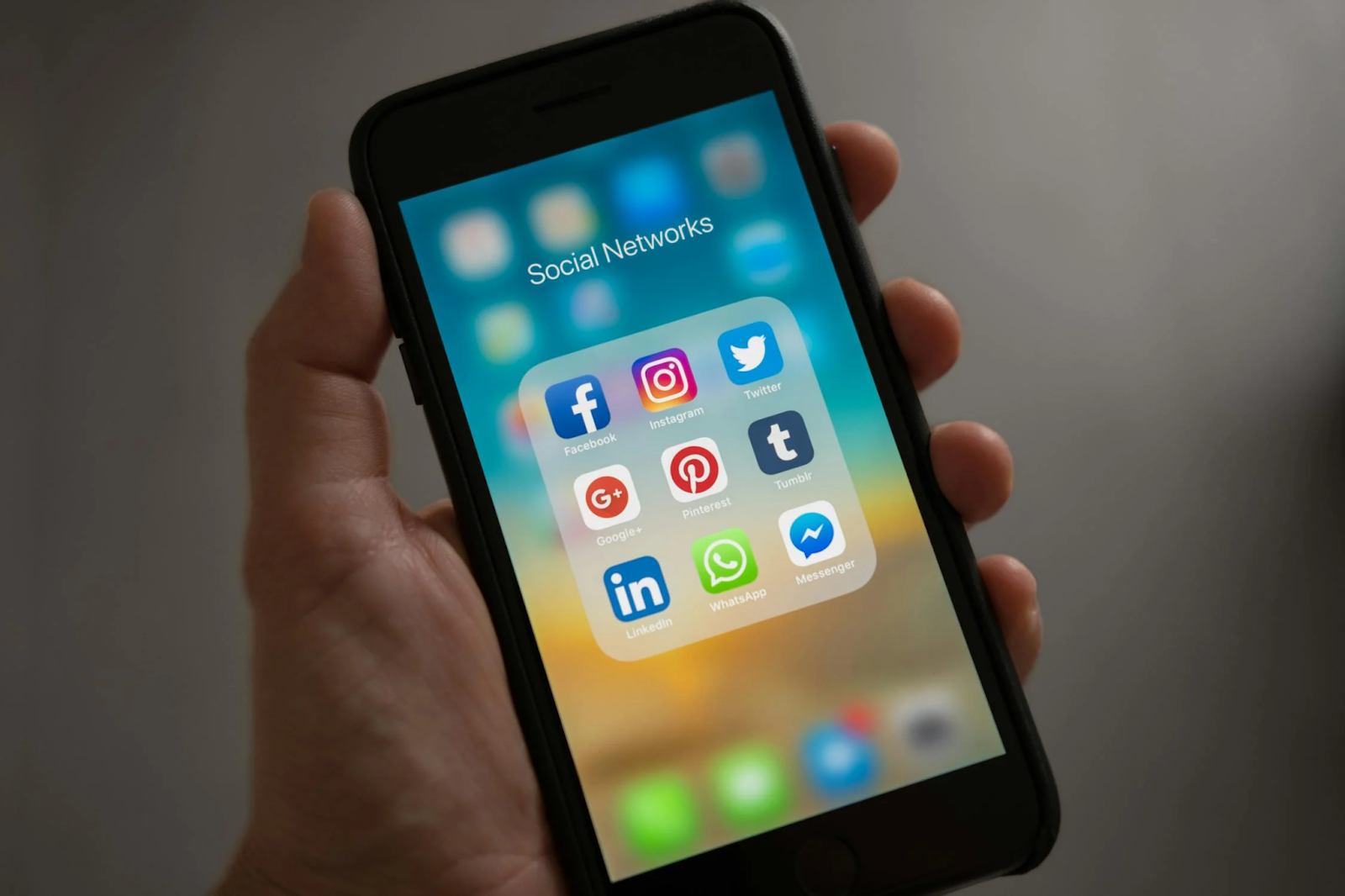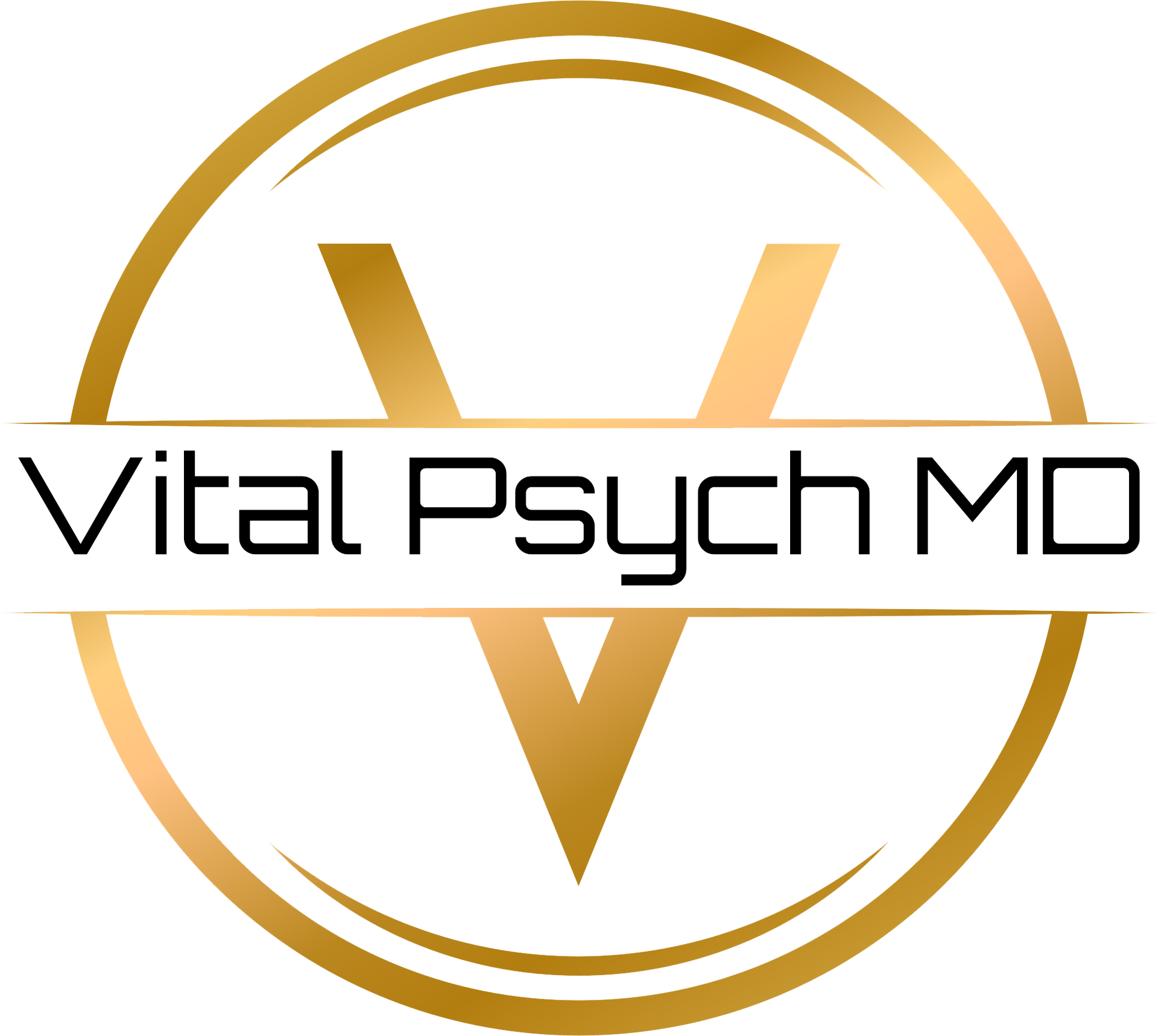Navigating Work Stress in the Digital Age
In today's fast-paced world, work stress is as common as morning traffic. With Millennials and Gen Z making up the largest share of the workforce, the issue has become a prevalent concern. These young professionals often juggle high job demands, remote work challenges, and an “always-on” digital culture, all of which contribute to burnout and mental health struggles.
Fortunately, there are evidence-based strategies that can help manage this stress effectively, allowing you to stay productive while maintaining your well-being. In this guide, we'll explore these strategies in depth and provide practical tips for each.
Understanding the Sources of Work Stress
High Expectations and Workload
Millennials and Gen Z workers often grapple with high performance expectations and heavy workloads. The pressure to excel can be overwhelming, pushing individuals to the brink of burnout. Employers may expect employees to meet ambitious goals, often without adequate resources or time. This constant drive for achievement leaves little room for relaxation and recovery, leading to chronic stress and fatigue.
Burnout isn't just about feeling tired; it can impact your mental health and productivity. When you're constantly under stress, you're more susceptible to anxiety, depression, and other mental health issues. It's essential to recognize when your workload becomes unmanageable and to seek support before reaching a breaking point.
Workplace Instability
In today's volatile economic climate, job security is a major concern for many young professionals. The fear of losing one's job or facing pay cuts can exacerbate stress levels. This uncertainty often leads to anxiety and diminished productivity, as workers struggle to focus on their tasks while worrying about their future.
Having an unstable workplace environment can also affect your personal life, making it difficult to plan for the future or commit to long-term goals. It's important to stay informed about your industry and seek opportunities for skill development to enhance your employability and reduce anxiety related to job instability.
Remote Work Challenges
Remote work has its perks, but it also presents unique challenges. While working from home offers flexibility, it can blur the boundaries between work and personal life. The lack of physical separation between work and home creates a 24/7 work mindset, making it difficult to disconnect and recharge.
The absence of a structured workday can lead to longer hours and increased pressure to be constantly available. This can cause feelings of isolation and disconnection from colleagues, further contributing to stress. Establishing clear boundaries and maintaining a work-life balance is crucial for minimizing remote work stress.
Evidence-Based Strategies for Stress Management
Set Clear Boundaries
Research shows that establishing clear start and end times for work can improve productivity and reduce burnout. When working remotely, designate a specific workspace and avoid working from areas associated with relaxation, like your bed or couch. This helps your brain distinguish between work and leisure spaces, making it easier to switch off at the end of the day.
Communicate your work boundaries to colleagues and supervisors to set expectations about your availability. By doing so, you create a supportive work environment that respects personal time and reduces stress.
Practice Time Management Techniques
Effective time management is key to reducing stress from overwhelming workloads. Techniques like the Pomodoro Method (working in 25-minute focused intervals with short breaks) and the Eisenhower Matrix (prioritizing tasks based on urgency and importance) have been shown to improve focus and productivity.
By breaking tasks into manageable chunks and prioritizing them, you can tackle your workload more efficiently. This not only helps reduce stress but also boosts your confidence and sense of accomplishment as you complete tasks.
Regularly Disconnect with "Digital Detoxes"
Digital detoxes, or intentional breaks from devices, can lower stress and prevent burnout. Research shows that taking even brief breaks from digital devices can reduce cortisol levels, lower blood pressure, and improve attention span.
Schedule regular tech-free time in your day to unwind and recharge. Whether it's a walk outside, reading a book, or engaging in a hobby, these breaks allow your mind to rest and reset, enhancing your overall well-being.
Mindfulness and Breathing Exercises
Mindfulness exercises, such as deep breathing or guided meditation, have been proven to reduce stress by activating the body’s relaxation response. Practicing mindfulness regularly can help you respond to stressors more calmly and effectively.
A simple exercise like box breathing (inhale for 4 seconds, hold for 4, exhale for 4, hold for 4) can calm your nervous system during stressful work moments. Incorporating mindfulness into your daily routine can enhance your resilience and improve your mental health over time.
Build a Supportive Social Network
Social support is a powerful buffer against workplace stress. Studies indicate that workers with supportive colleagues or mentors report better job satisfaction and resilience against burnout. Virtual coffee chats, regular check-ins with peers, and professional networks can help create a sense of belonging, even in remote settings.
Cultivate relationships with supportive colleagues and seek mentorship opportunities to enhance your professional and personal growth. A strong support network provides encouragement, guidance, and a sense of community, helping you navigate work stress more effectively.
The Power of Acceptance and Inclusivity
Long-Term Benefits of Stress Management
Developing healthy work stress management habits can lead to increased productivity, better job satisfaction, and improved physical health.
Employees who manage stress effectively experience fewer mental health problems, miss fewer workdays, and demonstrate greater workplace creativity.
Implementing these strategies can help younger workers adapt to demanding environments without sacrificing their mental well-being. By prioritizing self-care and stress management, you set yourself up for long-term success and fulfillment in your career.
Feeling overwhelmed by work stress? Vital Psych MD offers expert guidance to help you manage stress, improve productivity, and protect your mental well-being.
Whether it’s setting boundaries, enhancing focus, or building resilience, our team can provide you with the tools and support you need. Reach out today to discover a personalized approach to workplace wellness.











